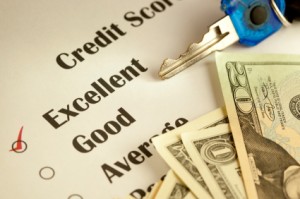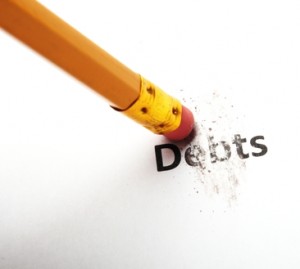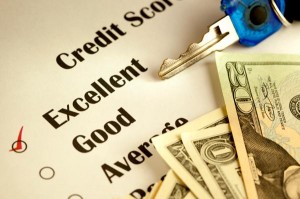The following is a guest post by Kostas Chiotis. If you would like to write an article for Money Q&A, please visit our Guest Posting Guidelines page.
 Unless you have perfect credit, you’ve likely been on the receiving end of some of the most difficult words that there are to hear – you’re denied credit. Credit companies have very stringent rules that they follow to determine who they extend credit to. If you’re credit rating is not up to their rigorous par, it’s highly likely that you’ll be forced to rethink your financial strategy. As a smart consumer, being denied credit shouldn’t be the end of the road but instead the beginning of the path to improvement.
Unless you have perfect credit, you’ve likely been on the receiving end of some of the most difficult words that there are to hear – you’re denied credit. Credit companies have very stringent rules that they follow to determine who they extend credit to. If you’re credit rating is not up to their rigorous par, it’s highly likely that you’ll be forced to rethink your financial strategy. As a smart consumer, being denied credit shouldn’t be the end of the road but instead the beginning of the path to improvement.
Find Out Why You Were Denied Credit
According to the Equal Credit Opportunity Act, creditors are required to inform you as to why your application was rejected. This notice comes in the mail, sent to the address you applied for the credit with. There are a number of different reasons that you could be denied credit for, including:
- Credit usage too high
- Too many previous delinquencies
- Too many lines of credit
- Little or no credit history
- Too many credit inquiries
By taking advantage of the information that the credit company provides, you can more easily understand where the problem with your credit is so that you can take action to fix it.

 Have you ever had a
Have you ever had a 
 The financial crisis was a wake-up call for those who needed to reign in their spending and limit the amount of debt they carried. If you want to end the year with less debt than you started with, then taking out a consolidation loan could be the answer.
The financial crisis was a wake-up call for those who needed to reign in their spending and limit the amount of debt they carried. If you want to end the year with less debt than you started with, then taking out a consolidation loan could be the answer.